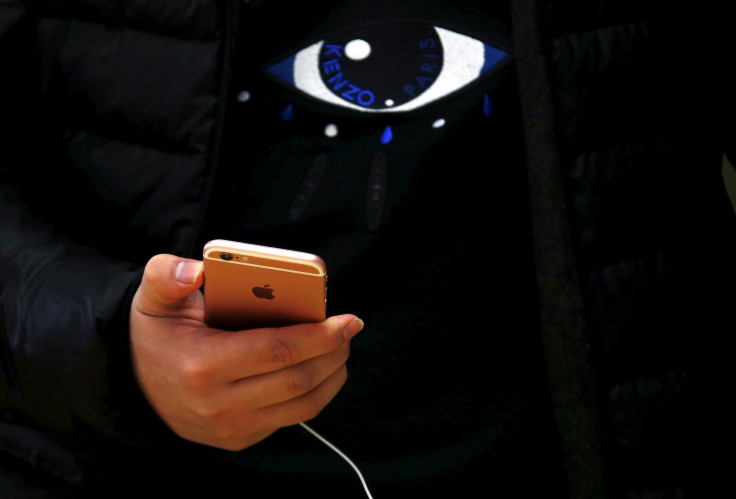Wikipedia Founder Jimmy Wales Says Apple Should Stop Selling iPhone In UK If Encryption Backdoor Law Is Passed

Jimmy Wales, the founder of Wikipedia, thinks Apple should stop selling its iPhone in the United Kingdom if Parliament passes a bill banning fully encrypted communication between devices.
“Does Parliament dare be that stupid,” Wales remarked on his official Twitter account. Under the draft version of the Investigatory Powers Bill released Wednesday, companies will be required to “maintain permanent interception capabilities” for communications data, which also includes the ability to remove encryption on communications when required by U.K. law enforcement.
I would like to see Apple refuse to sell iPhone in UK if gov't bans end-to-end encryption. Does Parliament dare be that stupid?
— Jimmy Wales (@jimmy_wales) November 3, 2015That means companies such as Apple would be legally required in the U.K. to maintain the ability to bypass the encryption the iMessages sent from its line of Macs, iPhones, iPads, iPod Touches and Apple Watches. The problem is Apple has maintained that it doesn’t have the ability to decrypt data stored or sent from an iOS device, even if they were served with a subpoena compelling them to do so.
“We also refuse to add a ‘backdoor’ into any of our products because that undermines the protections we’ve built in,” Apple’s privacy policy reads. “And we can’t unlock your device for anyone because you hold the key -- your unique password.”
U.K. law enforcement agencies aren’t the only ones Apple has butt heads with because of its stance on encryption. In October, the company’s lawyers told a U.S. judge that it would be “impossible” for the company to access encrypted data stored on the iPhone, according to Reuters. The company’s position was laid out in response to a court order requiring Apple to assist the Department of Justice with executing a search warrant.
In June, an Federal Bureau of Investigation official testified in Congress against companies prioritizing encryption over national security concerns. “Privacy, above all other things, including safety and freedom from terrorism, is not where we want to go," Michael Steinbach, assistant director for the FBI’s counterterrorism division, said during the hearing, according to the Washington Post.
© Copyright IBTimes 2024. All rights reserved.












